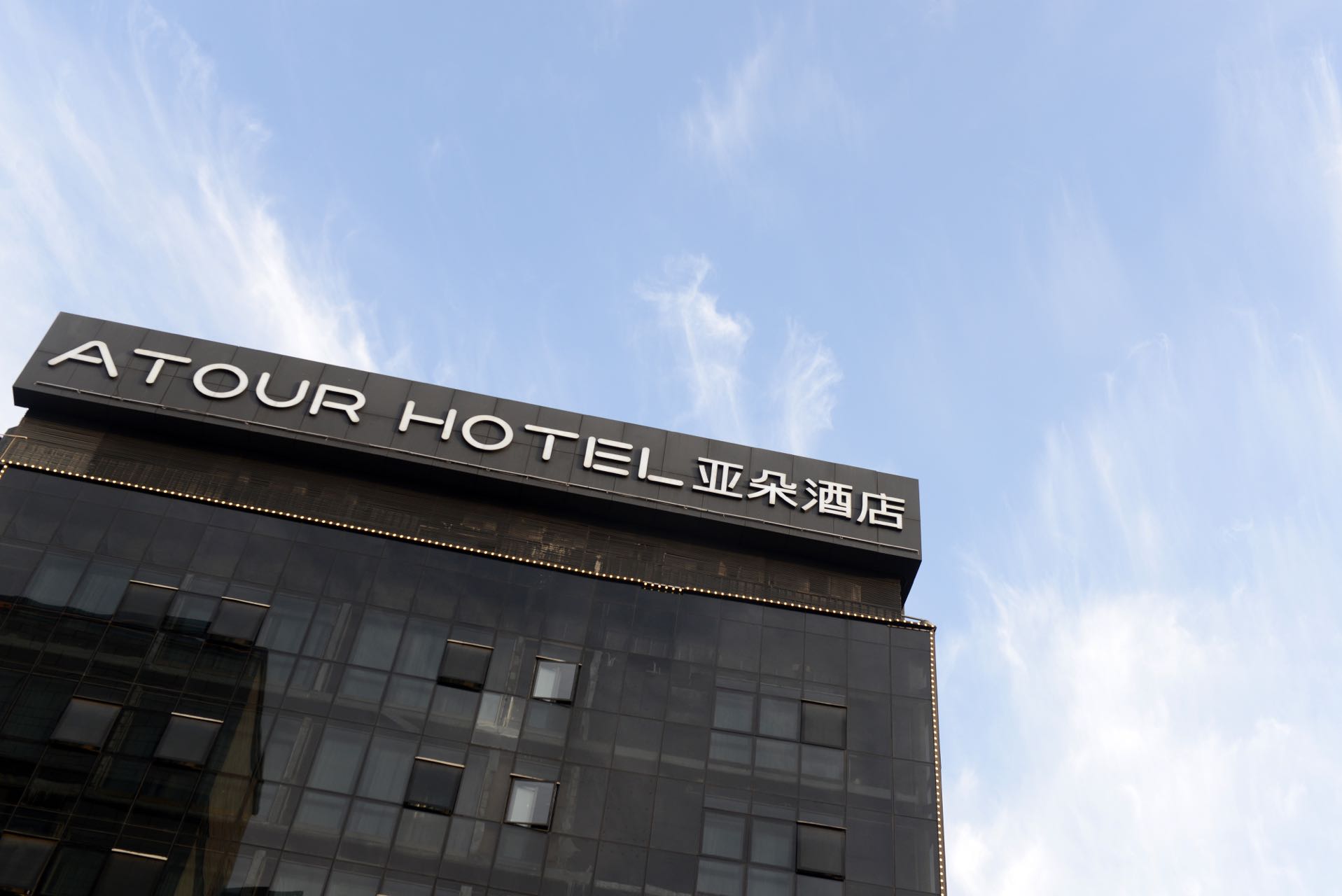Big-Name Banks Test Out Climate for Chinese U.S. Listings with Atour Application

High-end hotel operator relaunches its U.S. listing plan to raise more than $300 million, with Citigroup and BofA Securities as lead underwriters
Key Takeaways:
- Atour could become the biggest U.S. IPO by a Chinese firm in more than a year with its latest listing application to raise more than $300 million
- The high-end hotel operator’s listing is also notable for including Citigroup and BofA Securities as sponsors, signaling large U.S. listings by Chinese companies could soon resume
By Doug Young
Citi who?
That question could easily come from anyone following Chinese IPOs in New York, since major investment banks like Citigroup, Morgan Stanley and JPMorgan have all shunned such listings for more than a year pending resolution of an ongoing dispute between Beijing and Washington. But in the latest signal that the dispute could be near a resolution, the Citi and BofA Securities names have both appeared on a new IPO filing that could become the largest by a Chinese company in New York in more than a year.
The filing last week came from Atour Lifestyle Holdings Ltd., a hotel operator that focuses on higher-end properties in China, and could raise more than $300 million. The company has an interesting retail component to its business model, deriving a significant portion of its revenue by selling room-based products to its customers during their visits.
We’ll examine that business model in more detail shortly in a broader look at Atour’s most recent financials. But first we’ll look at the bigger implications for this offering, which could signal that the big investment banks are feeling comfortable enough to resume underwriting major IPOs by Chinese companies in the U.S. after a pause of more than a year.
U.S.-listed Chinese companies have come under fire on both sides of the Pacific over the past year. On the Chinese side, Beijing put the brakes on most major such listings over data security concerns, requiring all Chinese platform operators with 1 million or more users to undergo a cybersecurity review before going public in the U.S.
At the same time, the U.S. passed the Holding Foreign Companies Accountable Act (HFCAA) after years of frustration at its inability to access financial records of U.S.-listed Chinese companies. That law threatened to delist the more than 200 Chinese companies traded in New York unless Beijing altered its own law banning those companies and their auditors from giving financial data to the U.S. securities regulator and its affiliated accounting body.
Both of those issues now appear close to resolution. On the cybersecurity front, the Chinese internet regulator has wrapped up several reviews for listed companies. And in its latest filing, Atour notes that it has “applied for and completed a cybersecurity review.”
Meantime, the U.S. and Chinese securities regulators reached a landmark information-sharing agreement in late August that could bring U.S.-listed Chinese companies into compliance with the HFCAA. That agreement is now in a trial phase. In an encouraging sign, a Nasdaq official recently commented that Chinese listings on the exchange could “pick up pretty dramatically” in the months ahead.
Waiting in line
With all that background in mind, this new filing from Atour could be the latest signal that dozens more Chinese companies could soon file new U.S. IPO applications. Here we should note that “soon” might have to wait until next year, since the U.S. is set to provide a progress update on implementation of the new information-sharing agreement in December that will give a clearer picture of whether it believes the deal is working. And since Chinese New Year falls on Jan. 22 next year, any major new listings – with the possible exception of one or two like this Atour deal – are unlikely to resume until February next year or later.
All that said, we’ll spend the rest of this space taking a closer look at Atour, whose listing actually dates back more than a year. The company first filed for a U.S. listing in June last year before all the controversy broke out on both the cybersecurity and HFCAA fronts. Since then it has filed eight updated prospectuses, including two this year in June and September, before the latest filing last week.
The company aims to sell about 20 million American depositary shares (ADSs) at a price range of $13.50 to $15.50 each, which would raise up to $310 million at the upper end of that range. In addition to Citi and BofA Securities, the deal is also being underwritten by Chinese investment banks CICC (3908.HK) and CMBI, the securities arm of China Merchants Bank. As we previously noted, all four of these are big-name investment banks whose names have been notably absent from any new U.S. listing applications by Chinese firms in more than a year.
Atour looks pretty typical of China’s hotel industry these days, taking a hit in the first half of this year due to strict pandemic-control measures after years of steady growth. The company’s revenue grew 37% to 2.15 billion yuan ($302 million) in 2021 from 2020. But then the figure fell 23% year-on-year to 967 million yuan in the first half of this year as many properties were forced to close and travel was discouraged to contain outbreaks of the highly infections Omicron Covid variant.
As we also noted earlier, the company derives a significant portion of its revenue by selling items displayed in its rooms to customers. Such sales accounted for about 14.6% of its total revenue in the first half of this year, up from just 7% in 2019. Despite all the Covid headwinds, the company remained profitable in the first half of the year, though its profit of 67.5 million yuan was down 4.5% from the 70.7 million yuan profit in the year-ago period.
The company boasts a strong pedigree, with Chairman Wang Haijun having previously worked at three of the nation’s top hotel operators, H World Group (HTHT.US; 1179.HK), Jin Jiang International (600754.SH) and Home Inns. Its stakeholders also include leading online travel agent Trip.com (TCOM.US; 9961.HK) and Legend Capital, an affiliate of Lenovo (0992.HK) parent Legend Holdings (3396.HK).
With its interesting business model and high-end focus, strong industry credentials and signs of a thaw in U.S. listings by Chinese companies, this IPO could quite possibly finally make it to market this month or next after more than a year delay. The big overhang will be broader negative market sentiment. But a strong pricing and trading debut would be the latest signal that a new spring could soon arrive for Chinese companies looking to list in New York.
To subscribe to Bamboo Works free weekly newsletter, click here






